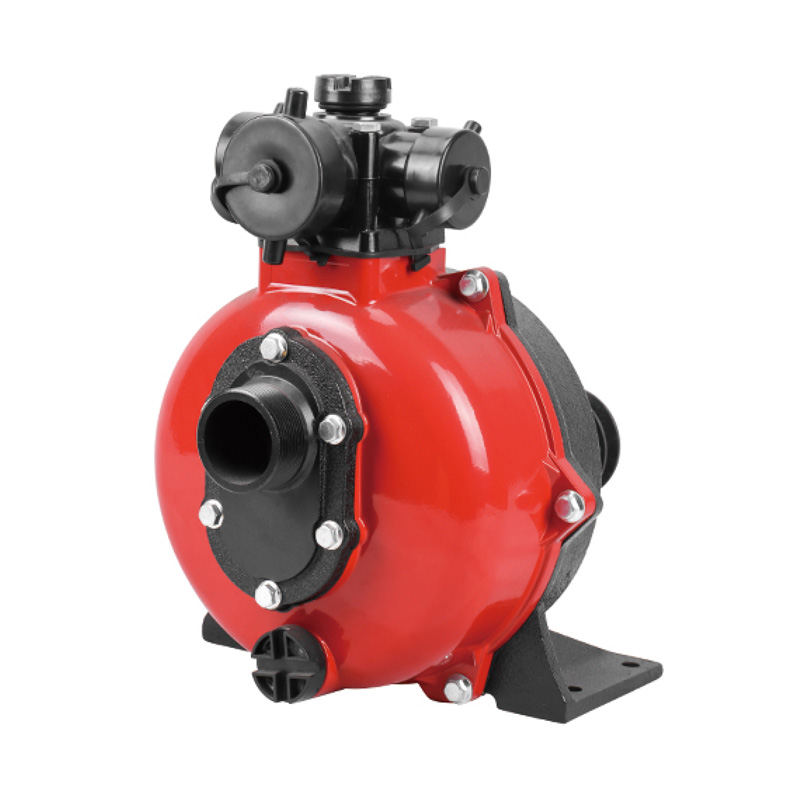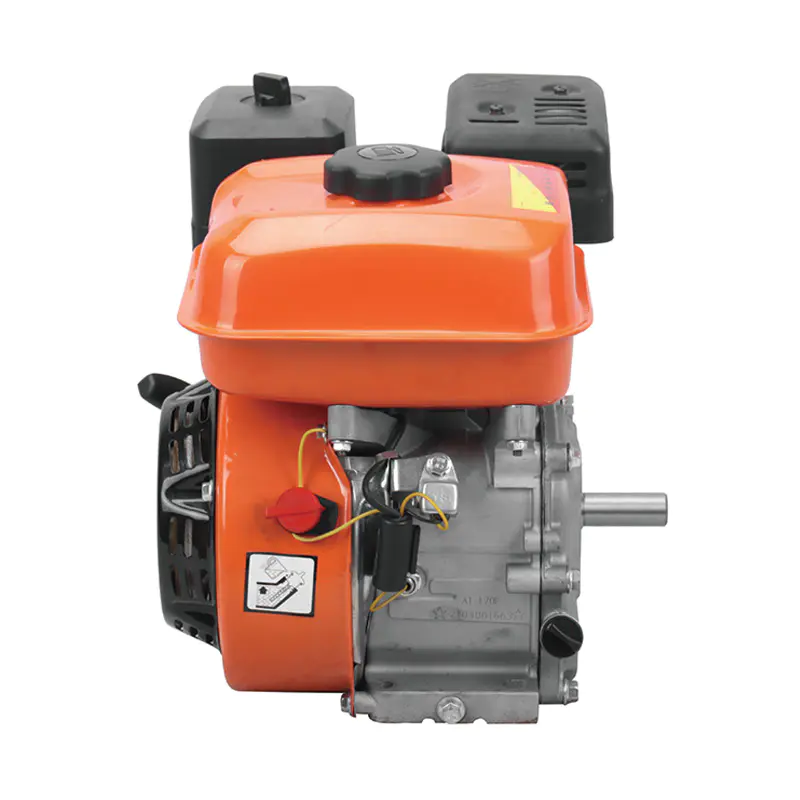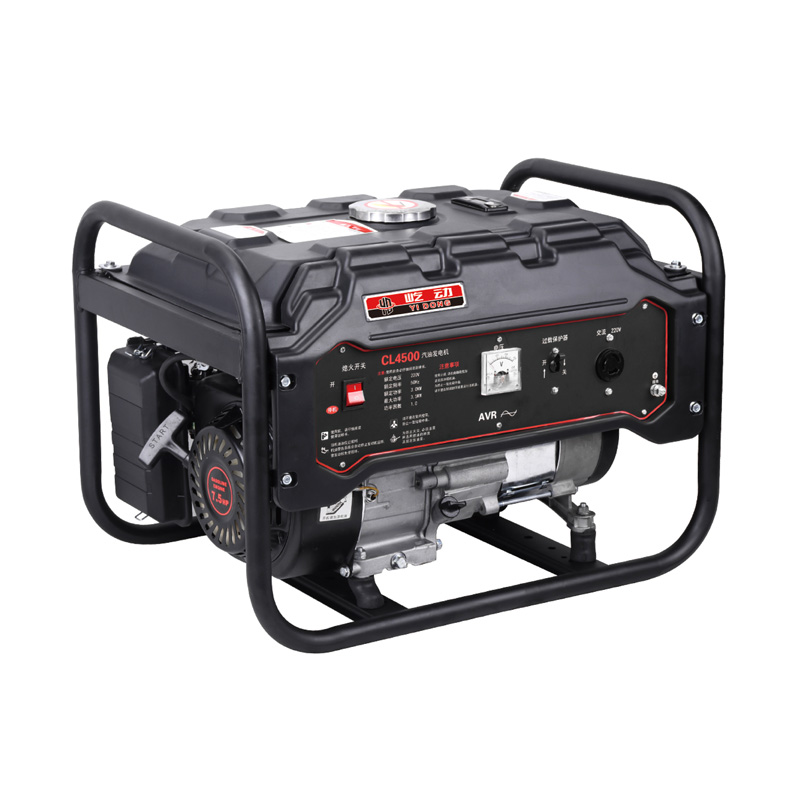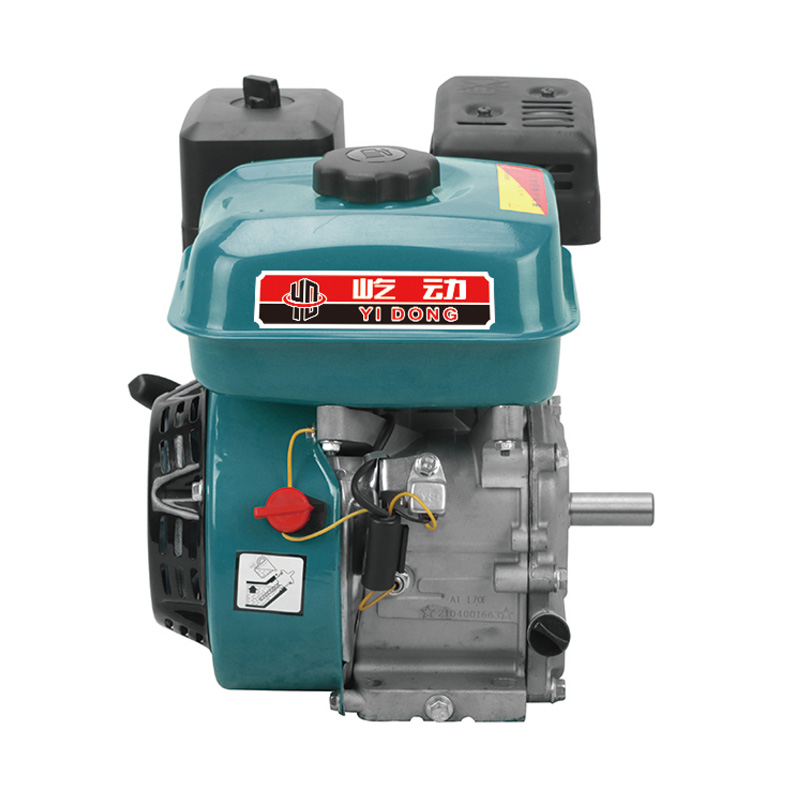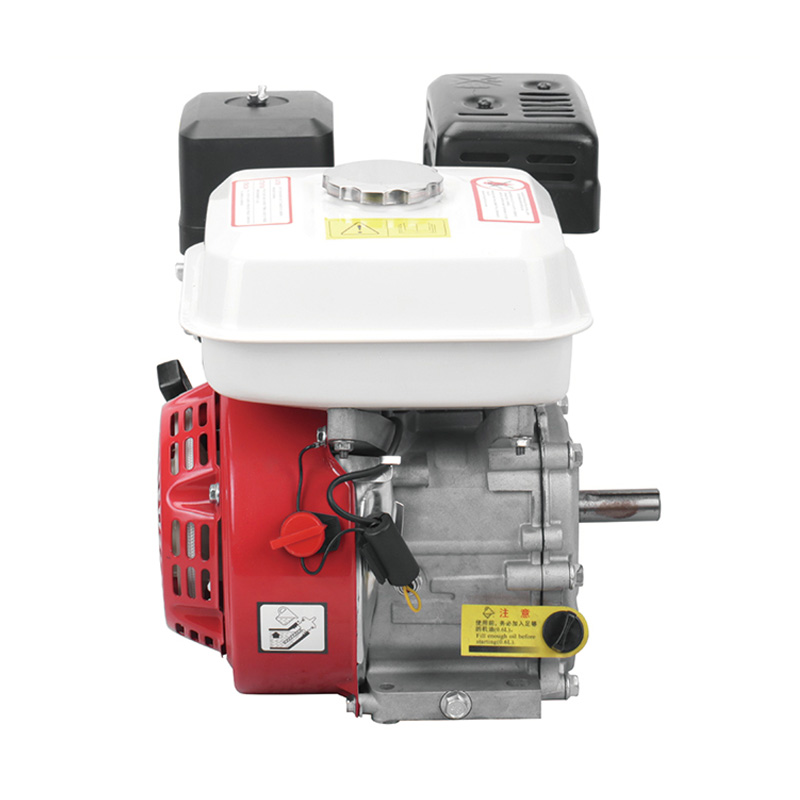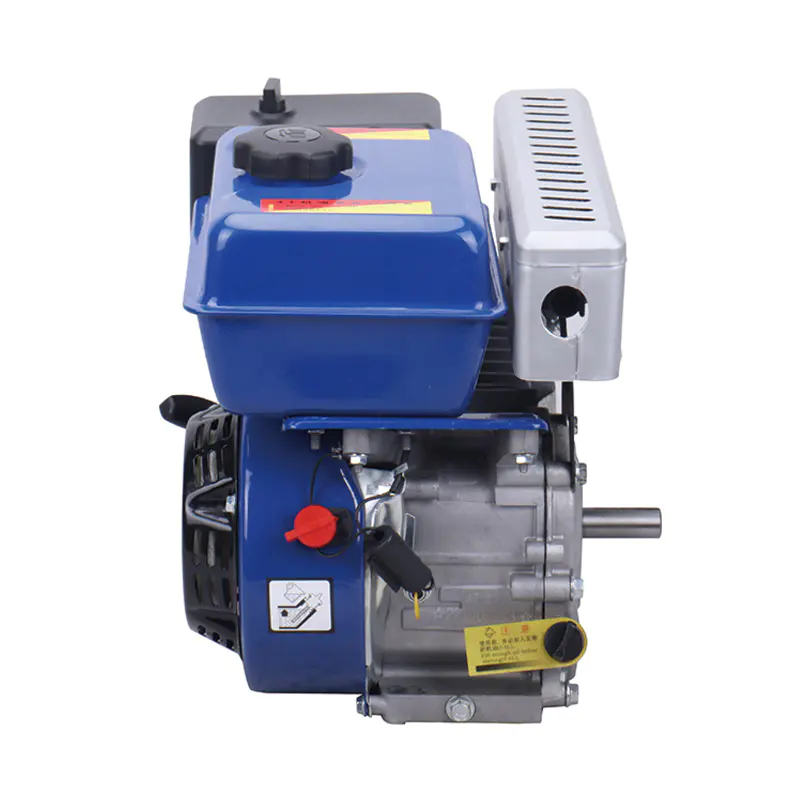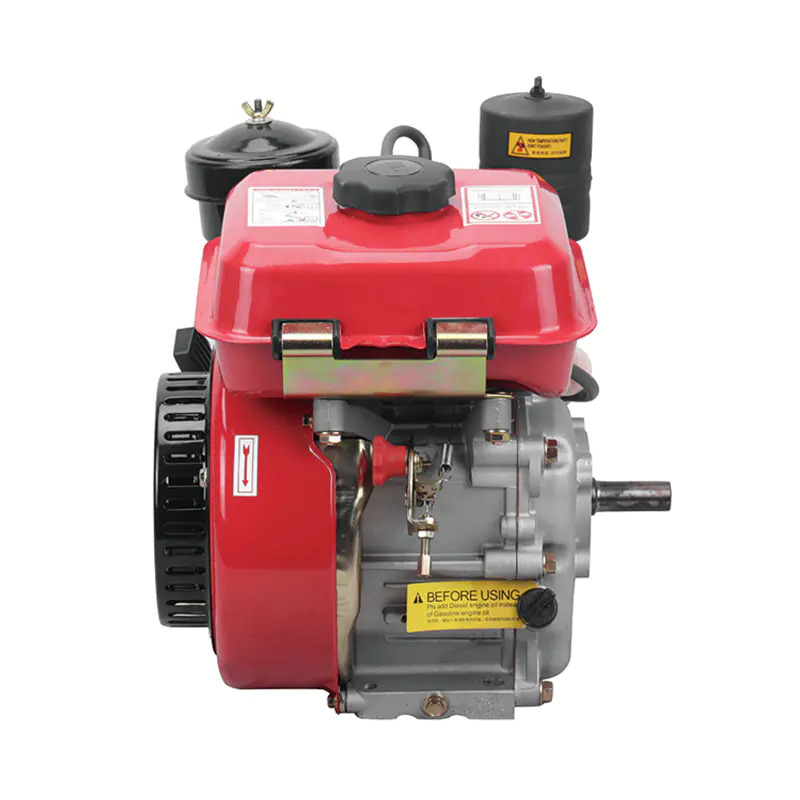The Value of Electric Pumps for Farming in Contemporary Society
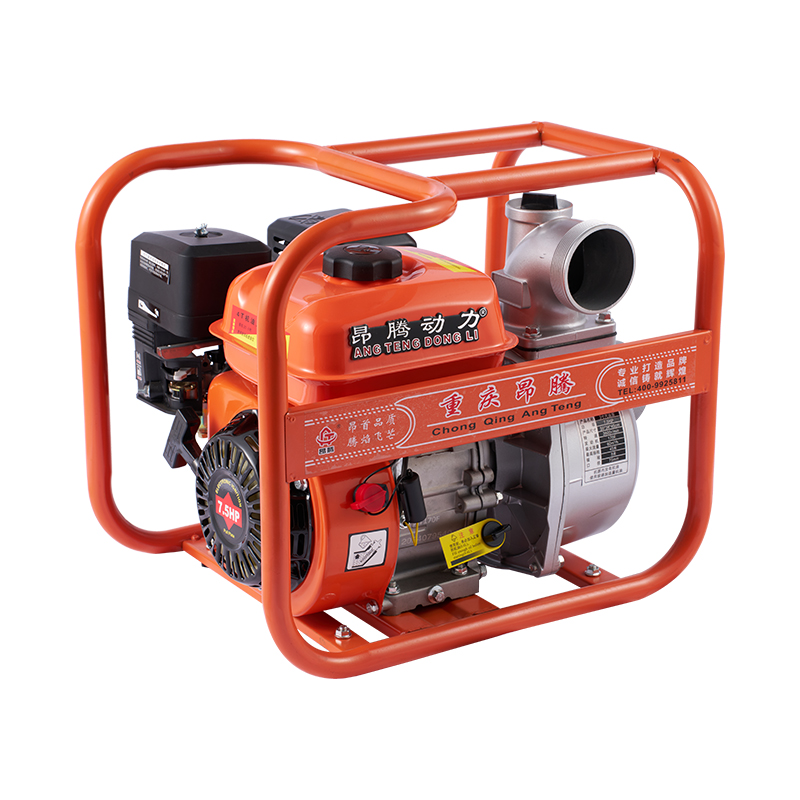
Electric pumps have become an integral part of contemporary agriculture, providing a reliable and efficient solution for water management. In modern farming, the availability of consistent water supply is crucial for crop growth, livestock maintenance, and overall farm productivity. Electric pumps offer an effective method to ensure that water reaches the necessary areas, supporting both large-scale and small-scale agricultural operations.
One of the primary advantages of electric pumps is their ability to deliver water with controlled flow rates. Farmers can adjust the water supply to match the needs of specific crops or irrigation systems, preventing overwatering or under-irrigation. This precision contributes to healthier crops and better yield outcomes, while also reducing water waste.
Electric pumps are also highly versatile. They can draw water from wells, rivers, or reservoirs and distribute it to irrigation networks, ponds, and water storage systems. Their adaptability makes them suitable for various agricultural settings, from small vegetable plots to extensive grain fields. Additionally, the relatively quiet operation of electric pumps ensures minimal disruption to farm routines, even in residential or community-adjacent farms.
Maintenance is another area where electric pumps demonstrate value. With fewer moving parts compared to traditional mechanical pumps, electric pumps require less frequent attention while maintaining consistent performance. This reliability allows farmers to focus on other essential aspects of farm management, enhancing overall operational efficiency.
By supporting precise irrigation, reliable water supply, and low-maintenance operation, electric pumps contribute to sustainable farming practices. They empower farmers to optimize resources, increase productivity, and maintain consistent agricultural output in today’s competitive environment.
What is the Efficiency of Electric Motor Water Pumps for Agriculture?
Electric motor water pumps are widely used in agriculture due to their high efficiency and energy-saving characteristics. Efficiency in this context refers to the pump’s ability to transfer water effectively while energy consumption, an important consideration for sustainable farm operations.
One factor influencing pump efficiency is the design of the impeller and pump casing. Modern pumps often use optimized impeller geometries that reduce fluid resistance, ensuring smooth water flow and minimal energy loss. This design allows pumps to maintain high output even when drawing water from deep wells or across long distances, which is essential for large-scale irrigation systems.
Energy management also contributes to overall efficiency. Electric pumps allow for precise control of speed and flow rate, matching water delivery to crop requirements. This flexibility prevents unnecessary energy use and reduces operating costs. For example, variable-speed electric pumps can adjust performance based on demand, providing water during peak irrigation periods and conserving energy during lower-demand times.
Another aspect of efficiency is reliability. Electric motor water pumps are designed to maintain consistent performance over long operational periods. Efficient bearings, high-quality seals, and robust motor components reduce energy loss due to friction or vibration, ensuring that the pump converts electrical energy into water movement effectively.
Water quality and pump material selection also influence efficiency. Pumps compatible with clean water maintain flow without clogging or wear, while corrosion-resistant materials prevent energy loss from friction or component degradation. Proper maintenance, including regular inspection and lubrication, further ensures that pumps continue to operate at peak efficiency.
In agricultural applications, high-efficiency electric motor water pumps enable consistent irrigation, reduce energy costs, and support sustainable water use. By combining advanced design, reliable materials, and precise operational control, these pumps enhance both productivity and environmental stewardship.



 English
English русский
русский Français
Français Español
Español عربى
عربى
